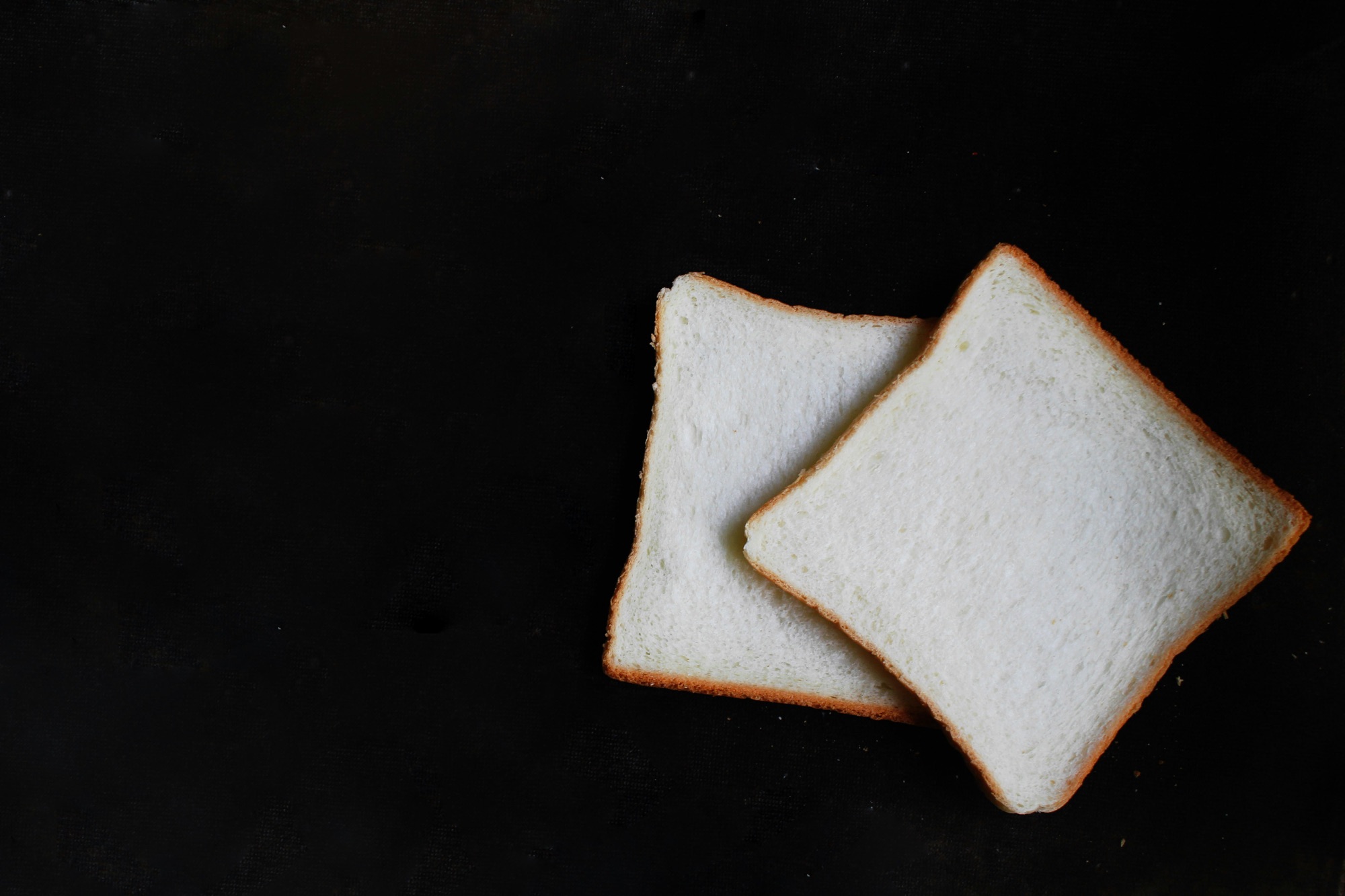After World War II, Allied soldiers rescued many homeless and starving children, placing them in large camps where they were well-fed and cared for. Despite having plenty to eat, the children struggled to sleep at night, often feeling anxious and unsettled. In his book God’s Psychiatry (1988), Charles L Allen reported that eventually, a psychologist proposed a somewhat counterintuitive solution. Each night, after the children were tucked into bed, they were given a slice of bread—not to eat, but simply to hold. They could have more food if they were still hungry, but this particular slice was meant to be kept.
How difficult it must be to be hopeful for tomorrow when there is no guarantee that you will have food to eat, a place to sleep, or even a person to care for you.
The Proverb writer has warned us not to lean upon our understanding (Prov 3:5), and with good reason. Consider Hosea’s report of what came of Isreal’s “own way” in Hosea 10:13. “You have plowed wickedness; You have reaped iniquity. You have eaten the fruit of lies, Because you trusted in your own way, In the multitude of your mighty men.” (Hosea 10:13, NKJV)
Those children they saw firsthand the downfalls of “human wisdom”. However, the simple act of holding the slice of bread brought remarkable comfort. The children felt reassured and slept peacefully, knowing they would have something to eat the next day.
If we were to rely only on our finite earthly wisdom and foresight, we would be as hopeless as those homeless and starving children following the aftermath of World War II. Coincidentally, we have something far more significant to comfort and guide us, the Bread of Life (John 6:35). We can even hold his very words in our hands at night as we fall asleep, if we chose to.
Thankfully, along with the warning to not rely upon our limited wisdom, the Proverb writer also encouraged his readers to “Trust in the Lord with all your heart, And lean not on your own understanding; In all your ways acknowledge Him, And He shall direct your paths.” (Proverbs 3:5–6)
Might I say that as we are tucked into bed, replaying the day’s events over in our head, anxious about what might or might not come tomorrow, we take a measure of guidance from that World War II psychiatrist and the Proverb writer and hold on to the Bread of Life? In doing so, God’s Word is mighty to comfort or exhaustion, reassure our hearts, and pacify our minds.



Comments are closed